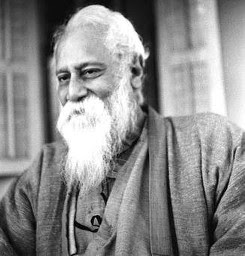The nation-state's last hurrah

Dani Rodrik defined 'inescapable trilemma' of our world system back in 2007: That a globalised economy, democratic politics and nation states can't possibly coexist. (See here his post in 2007 on this) We could have, he said, two of the three, any two, but not all three. The last five years - the Brexit-Trump years - should have settled the matter. Democracy and nation state trounced global economy, putting one demagouge after another at helm across the world. Democracy's forward march was portrayed as the nadir of globalisation as we knew it. We were, as it seemed, destined to live in an age of ultra-democratic nation states. It indeed seems so, living through the pandemic. The system of 'each country for itself', with populists and ideologues running the show, showed a range of responses, from virus denial, vaccine nationalism and isolationism. The concerted effort of avert the global financial crisis in 2008 was totally missing this time around. Yet, as th...




